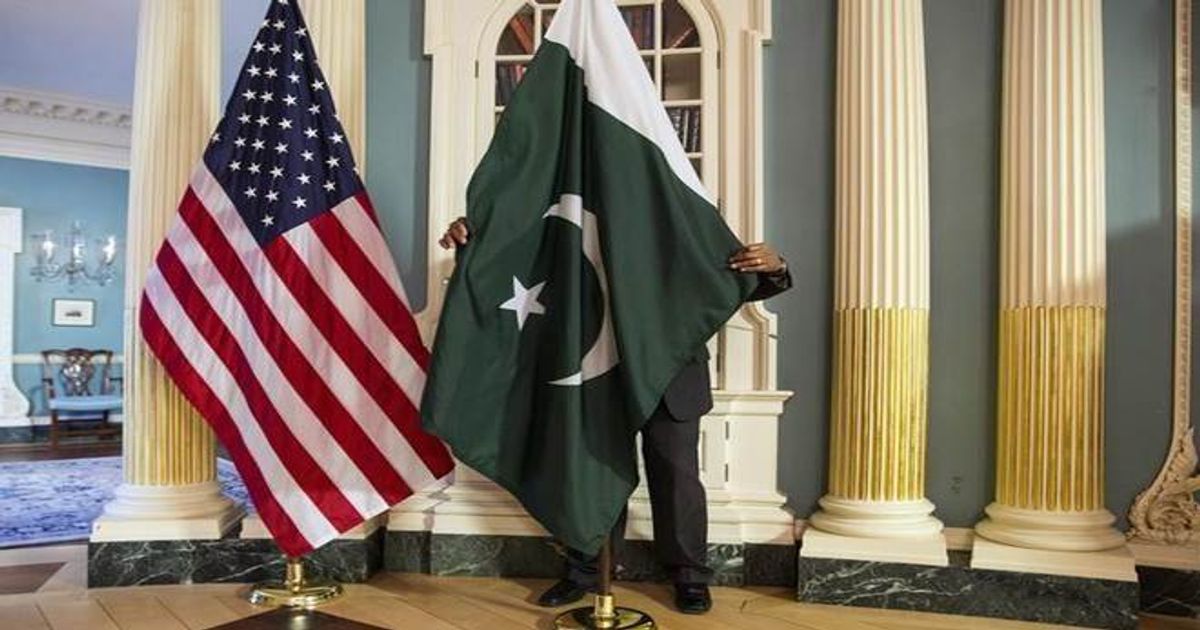Canada Global Tv: Experts and government representatives who deal with US-Pakistan ties voiced optimism for the future, saying that the post-Afghan War time and low-key phase allowed both nations to start again, de-hyphenate, and take advantage of low-hanging fruit.
They added that this offered a chance to rebuild the relationships, which had recently been topsy-turvy, in order to develop collaborative procedures on problems of shared concern like climate change.
They emphasised the importance of investing time and energy into fostering collaboration in the areas of agriculture, technology, business, and the environment.
The Centre for Security, Strategy and Policy Research (CSSPR), University of Lahore, The School of Advanced International Studies, Johns Hopkins University, South Asia Centre, Atlantic Council, and Engro Corporation hosted a two-day conference where they discussed these ideas.
Experts and government representatives from Pakistan and the US met at the summit to address a variety of issues vital to the future of relations between the two countries.
CEO and President of the Atlantic Council Fred Kempe gave the opening remarks at the conference. Kempe bemoaned the negative connotations attached to US-Pakistan relations, stating that Pakistan is a sizable, resourceful, and significant nation; as a result, connections need to be reevaluated and made even-handed.
He continued by saying that the presence of major US corporations in Pakistan, the growth of the Pakistani-American population in the US, and the expanding trade between the two nations strengthen, deepen, and broaden their connections.
He discussed the devastation brought on by the most recent floods in Pakistan and mentioned that the nation is trying to employ US technology and know-how to become more climate change resistant.
At the conclusion of his remarks, Ambassador Masood emphasised that both nations must collaborate to advance strategic stability, conflict/crisis management, and conflict resolution in the area.
Dilawar Syed, the US Department of State’s Special Representative for Commercial and Business Affairs, discussed the effects of the floods in Pakistan in his speech. He claimed that dealing with them is Pakistan’s most important challenge. Additionally, he claimed that this crisis offers the US a perfect chance to help Pakistan, adding that the majority of the aid the US would send will go toward reducing the food insecurities brought on by this raging, climate change-related catastrophe.
The two sessions that came after the opening one were devoted to debating various viewpoints, locating areas of shared concern, and illuminating the prospects offered by technology to the Pakistani economy.


